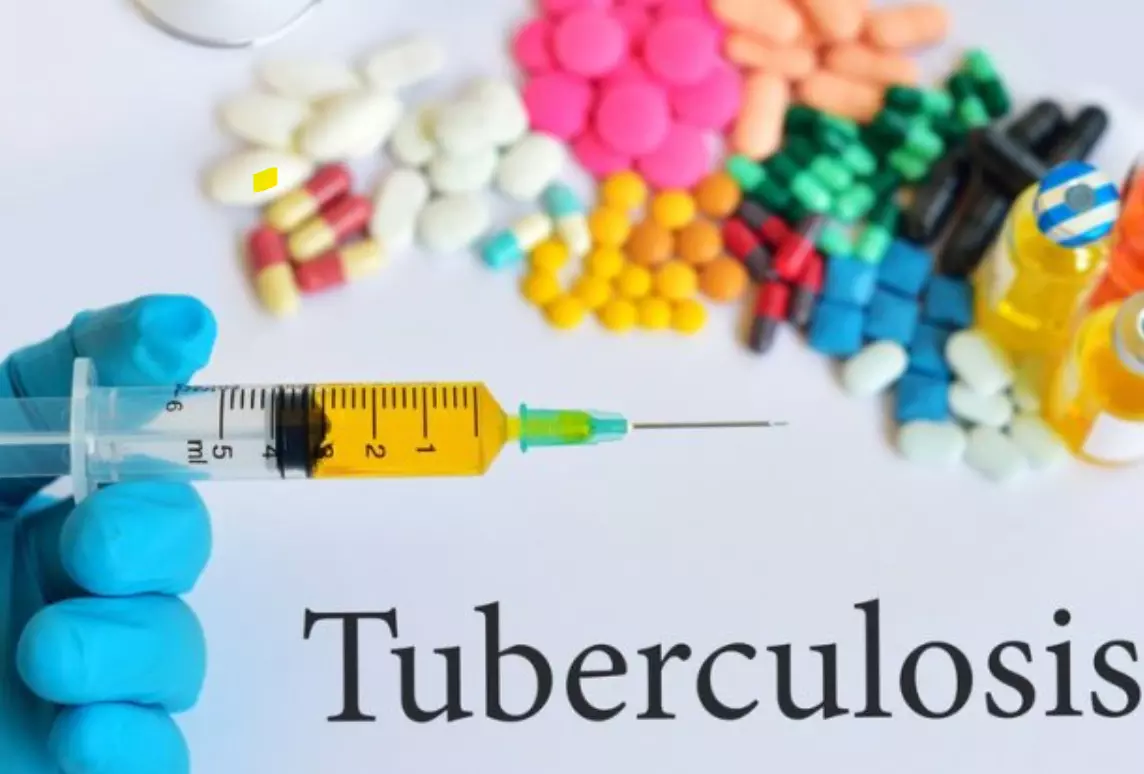Clear communication

In the face of significant concerns and growing uncertainty surrounding the availability of Tuberculosis (TB) drugs in India, it is imperative to emphasise on the need for transparent and appropriate action by the government. Even though the Union Health Ministry has repeatedly assured that there is no shortage of TB drugs in the country, certain credible media reports continue to cast a shadow of doubt over these claims. This ambiguity is particularly alarming in a country that has the world's largest TB population, accounting for 28 per cent of all global TB cases, according to the Global TB Report 2022. The Union Health Ministry’s latest press release on October 1, released just five days after it vehemently denied reports of TB drug shortages in an earlier release, once again asserts that the media's claims are "inaccurate and misleading" and do not reflect the true state of the stock of anti-TB drugs in the country. This statement has come in response to a plea from 113 global TB organisations and over 700 TB advocates who wrote to the Indian Prime Minister, seeking intervention and clarity on this critical issue. While the government's reassurances are essential, they must be backed by accurate and credible information that reflects the gravity of the situation. The lack of transparency surrounding the availability of TB drugs is a cause for concern, as it has the potential to incite panic and chaos among Multidrug-Resistant (MDR) TB patients and their families. What India urgently needs at this point in time is a crystal-clear and open communication strategy to address the prevailing ambiguity. According to the Union Health Ministry, the standard treatment for drug-sensitive TB involves a two-month regimen of four drugs, available as 4FDC (Isoniazid, Rifampicin, Ethambutol, and Pyrazinamide), followed by two months of three drugs available as 3FDC (Isoniazid, Rifampicin, and Ethambutol). The Ministry has assured that there are ample stocks of these drugs to last for at least six months, and they have also clarified that the procurement process for drugs for the next fiscal year, 2024-25, is already underway. However, contradictory reports from media outlets, such as The Wire, paint a different picture. They have published firsthand accounts from TB-treating organisations and even patients' family members who have expressed apprehensions about shortages of essential supplies. Additionally, the World Health Organisation (WHO) is reported to be closely monitoring the situation, with its officials visiting India to assess the drug availability firsthand. This, certainly, is not the first time India might be facing a shortage of TB drugs. In September 2021, the country experienced a scarcity of the MDR-TB drug Delamanid. In 2013, India faced a critical stockout of first-line TB drugs Rifampicin and Isoniazid, as well as pediatric TB drugs. These past instances underscore the need for a proactive approach to address drug shortages promptly. It is important to recognise that tackling the potential shortage of TB drugs is only one part of the challenge; the ambiguity surrounding the issue is equally disturbing. In times of uncertainty, clarity and transparency are the need of the hour. MDR TB patients, who are already grappling with a formidable health challenge, should not have to face the added stress of uncertain drug availability. India has set an ambitious target for TB elimination, aiming to achieve it by 2025, five years ahead of the WHO's 2030 deadline. To fulfil this commitment, the government must not only prioritise the issue of drug availability but also ensure that communication is transparent, accurate, and honest. Patients, their families, and healthcare providers need to be informed and reassured that the supply of essential drugs will be kept intact at all costs. To sum up, the uncertainty surrounding the availability of TB drugs in India is a matter of grave concern. It is imperative that the government acknowledges the issue, if there is indeed a problem, and takes immediate steps to address it comprehensively. Transparency and effective communication are vital not only to mitigate the panic and confusion but also to ensure that India's commitment to eliminating TB is met with resounding success.



